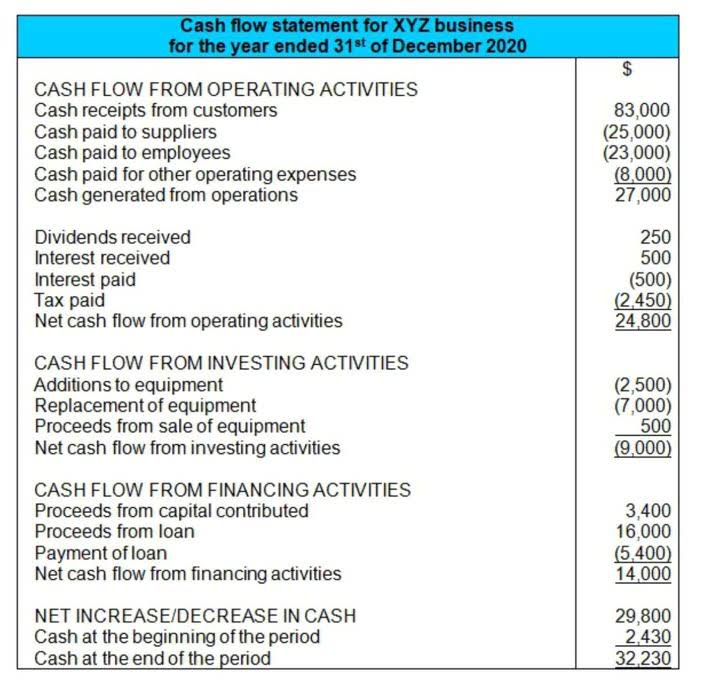A Comprehensive Guide on 11 Different Types of Accounting

Self-employment tax (SE tax) is a Social Security and Medicare tax primarily for individuals who work for themselves. Your payments of SE tax contribute to your coverage under the Social Security system. Social Security coverage provides you with retirement benefits, disability benefits, survivor benefits, and hospital insurance (Medicare) benefits. A partnership forms when two or more people agree to run a business jointly, sharing both profits and losses. In general partnerships, each partner can be personally liable for the business’s debts, whereas limited and limited liability Online Accounting partnerships introduce varying degrees of liability protection.

International Accounting
They typically require excellent credit scores (700+) and strong business financials. Most feature flexible credit limits that can be adjusted based on spending patterns and payment history. High-limit cards often come with premium benefits including comprehensive travel insurance, purchase protection, extended warranties, and concierge services. Many offer advanced expense management tools, including customizable spending controls, detailed year-end summaries, and integration with major accounting software. Some providers include working capital features like dynamic credit limits during peak seasons or the ability to exceed credit limits for specific vendor payments. These cards usually offer robust rewards programs with accelerated earning in business-specific categories and significant welcome bonuses.
- But regardless of which type of accounting you choose, leveraging accounting automation such as accounting software and business budgeting software can elevate your business.
- Fund accounting is used by non-profits and government entities to track funds restricted for specific purposes.
- Management accounting is useful to all types of businesses and tax accounting is required by the IRS.
- Business owners need to be familiar with various accounting types to know what accountant they should hire in any given situation.
- Internal auditors study the transactions and systems in a company to identify any weaknesses, cases of fraud, waste or mismanagement, and then report those findings to business leaders.
- Product, direct material, direct labor and manufacturing overhead costs all factor into the standard costs.
Get in Touch With a Financial Advisor
Cost accounting is a type of management accounting that focuses on the business’s costs. It assesses both fixed and variable costs, including production costs, materials, labor, overhead, and leases. Cost accountants analyze these expenses to provide better cost management solutions. Fast-growing startups and larger organizations that need a corporate card with sophisticated expense management systems and control over numerous employee cards.

No Personal Guarantee Business Credit Cards

Accounting methods like auditing and forensic accounting help identify and manage financial risk. By reviewing internal financial practices regularly, businesses can detect issues early, adjust strategies, and mitigate risks more effectively. For example, internal audits provide a comprehensive view of https://www.bookstime.com/ the company’s financial health, ensuring that all assets and liabilities are accurately recorded. Management accountants produce financial reports that help managers decide how to run their business. They use their accounting, finance, and economics skills to provide insights into capital, margin and constraint analysis, inventory levels, and costs. In addition, management accountants may also be involved in planning and budgeting, risk management, decision analysis, and performance measurement.

Fiduciary accounting

These documents are used to develop budgets, identify opportunities for cutting costs and monitor the overall financial situation of the company. Internal auditors study the transactions and systems in a company to identify any weaknesses, cases of fraud, waste or mismanagement, and then report those findings to business leaders. Professionals begin as internal auditors and advance to become the manager of internal auditing. In some cases, specializations like information systems auditor or environmental auditor may be part of the track as well. Financial accounting involves recording and classifying business transactions, and preparing and presenting financial statements to be used by internal and external users.
- They typically require lower credit scores for approval (550+) compared to unsecured cards.
- Whether you run a small business, work in finance, or are exploring an accounting career, this guide will help you understand different accounting types and how they can benefit your business or profession.
- Managerial accounting includes budgeting and forecasting and cost analysis.
- Some offer virtual card capabilities and integration with common startup accounting software.
- Accounting certifications include CPA (Certified Public Accountant), CMA (Certified Management Accountant), CFA (Chartered Financial Analyst), and CIA (Certified Internal Auditor), among others.
- Taking online courses can be a great way to build job-ready skills in accounting.
Careers and salaries
Government accounting may have various challenging and interesting work assignments. This type of accounting tends to offer excellent job security and benefits that are often very competitive. With financial accounting, businesses can use both accrual and cash accounting methods to determine net income. It also uses a standard set of rules, called the Generally Accepted Accounting Principles (GAAP), to make reporting consistent across periods and encourage transparency. There are a number of types of accounting, serving a wide range of functions from tax preparation and financial statement preparation to catching white-collar criminals. To determine which type of accountant you might need, we break down the eight most common types of accounting from tax and cost accounting to international and forensic accounting.
- As the accounting field continues to evolve, new types of accounting are likely to emerge to meet the ever-changing business and organization’s needs.
- Standard cost accounting helps businesses find variances and investigate the reasons behind them.
- It provides helpful information to various stakeholders of the business, even those who do not play an active role.
- Such as inquiry into fraud, legal cases and dispute and claims resolution.
- Financial accounting is primarily concerned in processing historical data.
Why You Can Trust Finance Strategists
- Cost accounting is a forward-looking approach that is related to the recording, analysis, and classification of expenditures with the object of determining the total and per-unit cost of a product or service.
- This type of accounting is crucial for both individuals and businesses to accurately calculate their tax liabilities and maximize available tax benefits or deductions.
- An efficient costing system is an important factor for industrial control.
- Working in financial accounting can also be personally fulfilling, as it allows you to use your analytical and problem-solving skills to improve the financial health of businesses.
- Forensic accountants often work for law enforcement agencies and insurance companies, analyzing financial records and accounts.
- Unlike financial accounting, which is intended for external stakeholders, management accounting is used internally to drive strategic decisions.
As well as cash flow projections, and business acquisition analysis reports. To become a public accountant, you’ll typically need to become a CPA and have a four-year degree in accounting from an accredited college or university. In addition to passing the CPA exam, accounting definition public accountants must also meet continuing education requirements set by state boards of accountancy.
What to Look for When Comparing Business Credit Cards
Fiduciary accounting is essential for ensuring that the financial interests of the beneficiaries are protected and managed responsibly. It provides a clear and accurate record of all financial transactions, helping to avoid disputes and ensure compliance with legal and ethical standards. Accounting is a multifaceted field with various specializations tailored to meet specific financial needs. Each type of accounting serves a unique purpose, helping businesses and enterprises manage, report, and scrutinize their finances from different perspectives.
About the author